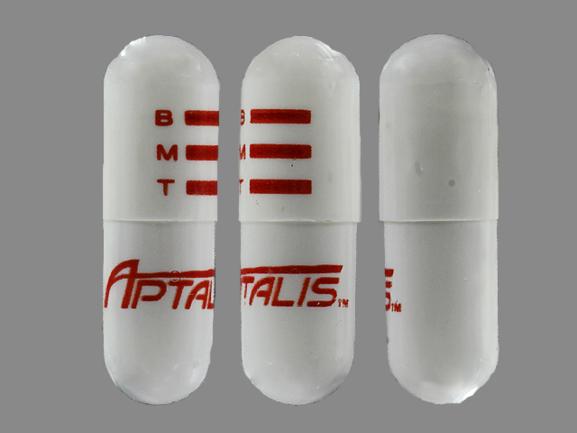Pylera Interactions
There are 554 drugs known to interact with Pylera (bismuth subcitrate potassium/metronidazole/tetracycline), along with 10 disease interactions, and 3 alcohol/food interactions. Of the total drug interactions, 29 are major, 518 are moderate, and 7 are minor.
- View all 554 medications that may interact with Pylera
- View Pylera alcohol/food interactions (3)
- View Pylera disease interactions (10)
Most frequently checked interactions
View interaction reports for Pylera (bismuth subcitrate potassium / metronidazole / tetracycline) and the medicines listed below.
- acetaminophen / hydrocodone
- amitriptyline
- amoxicillin
- aspirin
- atorvastatin
- benzonatate
- cetirizine
- clarithromycin
- Crestor (rosuvastatin)
- cyclobenzaprine
- diclofenac
- famotidine
- Fish Oil (omega-3 polyunsaturated fatty acids)
- gabapentin
- hydrochlorothiazide
- hydroxyzine
- ibuprofen
- Linzess (linaclotide)
- lisinopril
- losartan
- melatonin
- meloxicam
- metformin
- Nexium (esomeprazole)
- omeprazole
- pantoprazole
- prednisone
- Protonix (pantoprazole)
- tramadol
- Vitamin D3 (cholecalciferol)
Pylera alcohol/food interactions
There are 3 alcohol/food interactions with Pylera (bismuth subcitrate potassium / metronidazole / tetracycline).
Pylera disease interactions
There are 10 disease interactions with Pylera (bismuth subcitrate potassium / metronidazole / tetracycline) which include:
- colitis
- blood dyscrasias
- neurologic toxicity
- dialysis
- liver disease
- sodium
- alcoholism
- hepatotoxicity
- renal dysfunction
- esophageal irritation
More about Pylera (bismuth subcitrate potassium / metronidazole / tetracycline)
- Pylera consumer information
- Compare alternatives
- Pricing & coupons
- Reviews (251)
- Drug images
- Side effects
- Dosage information
- During pregnancy
- Generic availability
- FDA approval history
- Drug class: H. pylori eradication agents
- En español
Related treatment guides
Drug Interaction Classification
| Highly clinically significant. Avoid combinations; the risk of the interaction outweighs the benefit. | |
| Moderately clinically significant. Usually avoid combinations; use it only under special circumstances. | |
| Minimally clinically significant. Minimize risk; assess risk and consider an alternative drug, take steps to circumvent the interaction risk and/or institute a monitoring plan. | |
| No interaction information available. |
Further information
Always consult your healthcare provider to ensure the information displayed on this page applies to your personal circumstances.


